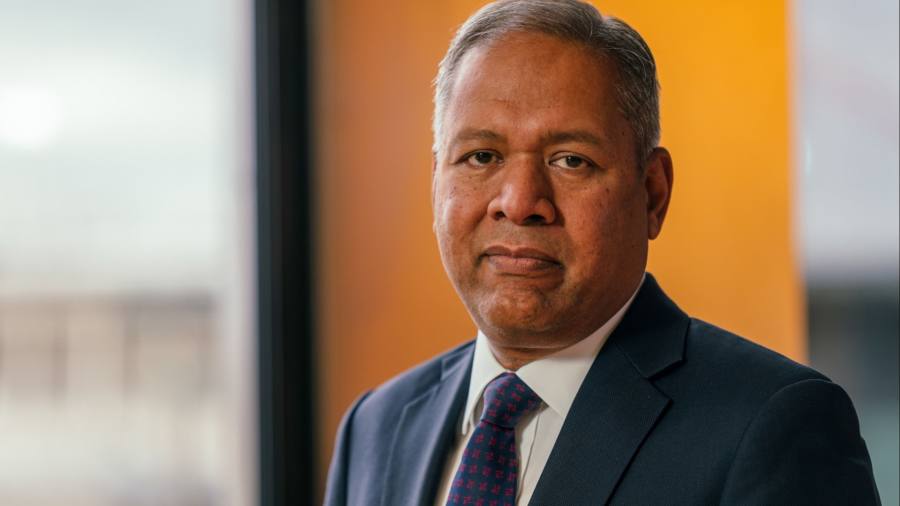
Barclays has announced that its chief executive, CS Venkatakrishnan, has been diagnosed with non-Hodgkin lymphoma and will be undergoing treatment for the next 12 to 16 weeks.
In a letter to staff on Monday, Venkatakrishnan wrote: “The doctors have advised that my prognosis is excellent, and my condition is curable with their prescribed regimen. This is likely to last 12 to 16 weeks.” He will be treated at the Memorial Sloan Kettering Cancer Center in New York.
He added: “During this period, the company will run normally, and I will continue to be actively engaged in managing it. However, I will have to work from home for some periods and not be able to travel.”
The next most senior executive at the lender is Paul Compton, head of the investment bank, who joined Barclays in 2016 alongside Venkatakrishnan from JPMorgan Chase. Barclays’ chair is veteran Rothschild banker Nigel Higgins.
Other high-profile executives have undergone successful treatment for cancer while in their roles, most notably Venkatakrishnan’s former boss Jamie Dimon. The JPMorgan chief recovered from throat cancer in 2014 and then had emergency heart surgery in 2020. Lloyd Blankfein continued to run Goldman Sachs while having chemotherapy for lymphoma in 2015.
Venkatakrishnan, “Venkat” as he is known, took over from Jes Staley in November last year after his predecessor was forced to step down amid a UK regulatory probe into his past relationship with Jeffery Epstein. Staley is appealing against the decision.
Venkatakrishnan’s first year in charge has been turbulent, with Russia’s invasion of Ukraine setting off an energy crisis, and spiralling inflation combining with the UK’s disastrous “mini” budget which hammered the gilts market.
Barclays also paid $361mn to settle charges that a clerical error led the UK bank to offer for sale $17.7bn of structured financial products that it was not permitted to trade.
However, the investment bank has performed well in volatile markets, most recently doubling its fixed-income trading revenues in the third quarter. The controversial division had been the target of an activist campaign by Edward Bramson, who admitted defeat and sold out of the stock last year. The UK consumer unit has also benefited from rising interest rates.
Addressing his diagnosis, Venkatakrishnan said that “the good news is that the matter has been detected early, with scans and biopsies confirming it to be very localised”, He added that he was “deeply appreciative, and very proud, of your support and extraordinary efforts in these volatile times”.